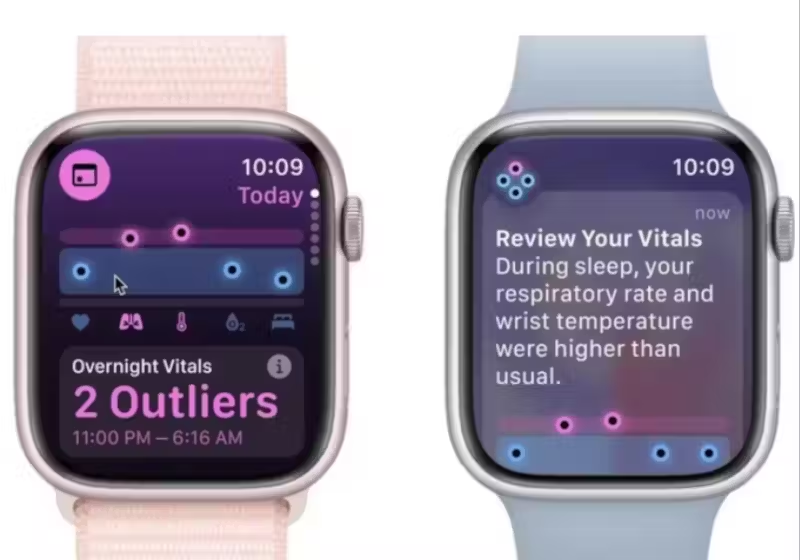Back in 2020, PC Gamer strategic director Evan Lahti wrote that PC won the console war, and that assessment feels more true now than it did four years ago. Our platform of choice has the same advantages it’s always had—customization, modding, practically infinite backwards compatibility—but in recent years we’ve also become a dragnet for formerly console exclusive games.
Microsoft threw in the towel before the start of our current console generation, and despite Nintendo’s vociferous insistence to the contrary, you can still legally emulate your games on PC. Sony still pushes its goofy PSN requirement and a six month to one year exclusivity window on its juiciest releases, but that strategy makes sense—I don’t like it, but it lines up with Sony betting its gaming future on its hardware.
There is one big thorn remaining on the console exclusivity front, though, and it’s all the more aggravating because it doesn’t really make sense the way Sony or Nintendo’s protectiveness does: Why do we always have to wait so goddamn long for Rockstar games?
Make it make sense
- Grand Theft Auto 3: 7 months between console and PC release
- Vice City: 7 months
- San Andreas: 8 months
- Bully: 2 years
- GTA 4: 7 months
- Red Dead Redemption: 14 years, 5 months
- GTA 5: 1 year, 6 months
- RDR2: 1 year
Square Enix was like this for a long time as well, despite being a third party publisher. Final Fantasy 16 and the FF7 remakes can at least be explained as failed bets: Squeenix took timed exclusivity deals with Sony that ultimately do not seem to have justified the lost sales, and the JRPG giant looks to be reconsidering that strategy moving forward.
There’s no such simple, immediate answer for why Red Dead Redemption 2 came to PC a full year after PS4 and Xbox, or why Grand Theft Auto 5 graced two separate console generations before arriving on PC. The worst, for my money, is the original Red Dead Redemption: We’ll finally have it on our platform of choice at the end of this month with a $50 price tag, 14 years after its initial launch. The Nintendo Switch, a console running on early 2010s tablet technology, got RDR1 before we did!
Rockstar’s PC track record has only gotten worse over time.
It’s not a technical problem. Porting a videogame isn’t nothing, even in the era of consoles that are just specialized PCs. But for a company of Rockstar’s size and resources, I have trouble believing a PC port for one of its games is anything other than a routine exercise. As PCG hardware writer Nick Evanson pointed out last December: There’s no technical reason Rockstar can give for why a PC version of GTA 6 isn’t arriving with the console release.
It was frustrating, though more understandable, when Japanese game developer Capcom took an extra seven months to bring Monster Hunter: World to PC in 2018. World was the first-ever Monster Hunter on PC (outside an Asia-only MMO spin-off), and it took a few months of patches for Capcom to get the interface and performance right. The studio’s way better at PC now—and would you look at that, the next Monster Hunter is gonna release on PC day one.
And yet, Rockstar’s PC track record has only gotten worse over time. It only took half a year for each entry of the GTA 3 trilogy to make the jump from PS2 to PC at a time when PC ports of big console games were not a guarantee. Contrast that with the year-plus delays on GTA 5 and RDR 2. The 14-year wait for RDR 1, meanwhile, feels almost spiteful. A baby born on the day Red Dead Redemption released is now old enough to trick their parents into letting them play this PC port because it’s “literary and historical and stuff.”
At the time of writing, Rockstar hasn’t even confirmed that GTA 6 will release on PC at all. With no clear explanation forthcoming, the most logical conclusion is a boring one: Rockstar banks on a second revenue bump from its games’ PC releases, a little afterburner of profit that includes no shortage of PC-favoring players who buy the game twice.
That’s savvy profit maximization from Rockstar, but it’s also an alienating, insulting stance toward PC gamers that could hurt the studio in the long run. In 2023 PC gaming’s overall revenue grew 8% while consoles stagnated at 0.5% growth. Consoles still hold a larger market share overall, but a large chunk of its 28% is the Nintendo’s Switch (a console Rockstar does not do business on) as well as the surprisingly large number of gamers still clinging to their PS4s (and the five or so with Xbox Ones hooked up).
If that trend continues—Sony’s new $700 PS5 and slow game output makes me think it will—it increasingly looks like Rockstar is hitching its wagon to the slower horse. While that won’t prevent Grand Theft Auto 6 from making a mint and a half, one day it could result in something similar to Square Enix’s current woes: Its juggernaut Final Fantasy series’ new mainline entry hamstrung by an exclusivity period that didn’t make a the big splash Square imagined and a staggered PC port that couldn’t make a dent.
Rockstar certainly has the opportunity to stop snubbing PC players—a huge market that should be no developer’s afterthought—before that happens, but when has long-term growth and stability ever been prioritized over short-term wins in the games industry? Given the inherent inertia of an operation the size of Rockstar, GTA 6’s PC launch plan is likely set in stone. Unless, of course, Sam Houser has some kind of A Christmas Carol change of heart this holiday season—you never know!
 O Brownie do Restaurante Mercado Del Puerto é uma das delícias na lista! – Foto: Reprodução
O Brownie do Restaurante Mercado Del Puerto é uma das delícias na lista! – Foto: Reprodução Para viver para lá de 100 anos, é preciso adotar uma dieta baseada em alimentos ricos em determinados elementos, como leite, nozes e azeite, além de frutas, é o que diz um estudo de pesquisadores espanhóis. Foto: Freepik
Para viver para lá de 100 anos, é preciso adotar uma dieta baseada em alimentos ricos em determinados elementos, como leite, nozes e azeite, além de frutas, é o que diz um estudo de pesquisadores espanhóis. Foto: Freepik O aplicativo de Sinais Vitais (Vitals) do Apple Watch que informou sobre a alteração cardíaca fora do normal, inclusive quando Amanda estava dormindo. Foto: The NZHerald
O aplicativo de Sinais Vitais (Vitals) do Apple Watch que informou sobre a alteração cardíaca fora do normal, inclusive quando Amanda estava dormindo. Foto: The NZHerald
Warning: Undefined variable $user_ID in /home/u824415267/domains/acre.com.br/public_html/wp-content/themes/zox-news/comments.php on line 48
You must be logged in to post a comment Login